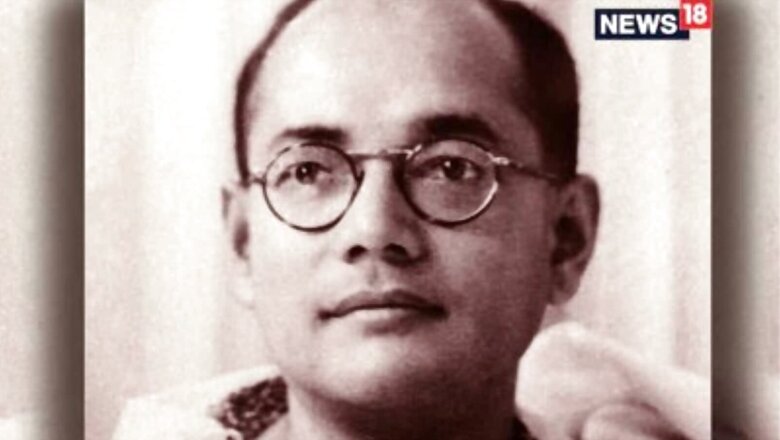
views
Mahatma Gandhi and Subhas Chandra Bose’s views on the social position of women were drastically different. This was one of the many fundamental differences between the two, which has not received adequate attention.
Bose actively encouraged and strived to engage more women in meaningful roles in the political arena. While studying in Cambridge, he asked his friend Hemanta Sarkar, ‘When will Indian women take up the position of educators in the Indian society?’ ‘If they don’t rise, India too cannot,’ he wrote in a letter. Early execution of his vision was visible when he enlisted 250 women, led by Latika Ghose, a niece of Aurobindo, in the volunteer corps that he recruited during the 1928 Calcutta Congress. One of his close political associates was Leela Nag (Roy), a pioneer in India’s women’s rights movement, who was assigned the task of organising Forward Bloc by Bose. In his speeches from southeast Asia, Bose would refer to the inspirational work of the women revolutionaries such as sisters Bina Das and Kalyani Das (Bhattacharya).
The differences were most pronounced on the issue of women’s standing in the society vis-à-vis men. August 19, 1938 saw an outburst from Bose, when he spoke at a public meeting on crime against women at the Albert Hall in Calcutta. He made some unusually scathing comments. People of India have in their midst a larger number of men with a larger degree of bestiality in their character than in any other country, he said. Although some concern about it was noticeable in individuals, as a nation there was no sign of shame. And yet, Bose expressed surprise, Indians claimed to be spiritual people. Reserving seats for women on public transport would be quite unnecessary ‘if we were a people who really respected womanhood’. He exhorted young men to see to it that all women could move about freely and to teach a lesson on the spot to anyone who dared to annoy or molest any woman by look, word or deed.
ALSO READ | Inconvenient Nationalist, Not Nazi Lover: Looking at Subhas Bose without Colonial Glasses
Bose said that he was opposed to whipping as a punishment, but he would have offenders against women soundly flogged in addition to other punishments. Laws and ordinances were promulgated to crush political agitation, but not to ‘rid society of these pests,’ he rued. To women, his advice was to reform their dress, shorten their veils and walk boldly with firm steps and not as if their feet were about to get entangled in their clothes. ‘Ruffians would not dare face such women,’ he opined. Bose strongly recommended opening gymnasiums in all villages and towns to teach girls and women the art of self-defence.
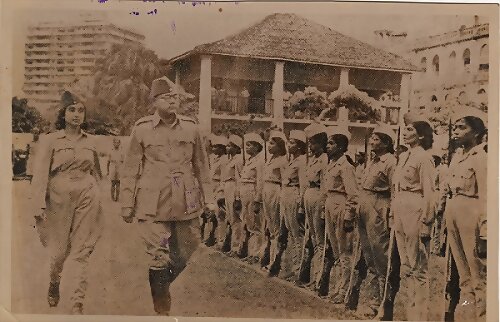
Credit: This photo was shared by a member of the Bose family with the author
Gandhi, in contrast, made ‘purity’ of a woman the central principle of self-defence. Writing in the Harijan of September 1, 1940, Gandhi claimed that a woman is ‘not really helpless when she is pure,’ making it ‘impossible to violate a woman against her will’. ‘If she cannot meet the assailant’s physical might, her purity will give her the strength to die before he succeeds in violating her,’ he wrote. On the other hand, he argued, ‘If a woman depends on her own physical strength or upon a weapon she possesses, she is sure to be discomfited whenever her strength is exhausted.’ On being asked by a lady as to ‘How is a woman to lay down her life?’ Gandhi pointed out that ‘women are capable of throwing away their lives for a much lesser purpose.’ Many years ago, in a situation that he had faced in his ashram in South Africa, where one young man made fun of two girls, Gandhi resorted to chopping off their hair ‘to sterilize the sinner’s eye’. That, he believed, would be ‘a warning to every young man that no evil eye might be cast upon’ the girls.
ALSO READ | Not Gandhian Movement, Fear of Open Rebellion Due to INA Trials Hastened Exit of British Raj
When a college girl from Punjab wrote to Gandhi in 1938 that she had defended herself from harassment by a miscreant by throwing a book at him, the Mahatma made some rather uncharitable remarks about women. ‘I have a fear that the modern girl loves to be Juliet to half a dozen Romeos,’ he wrote in the Harijan of December 31. He accused her of dressing ‘not to protect herself from wind, rain and sun but to attract attention,’ and improving ‘upon nature by painting herself and looking extraordinary’. True non-violence in contrast, Gandhi argued, would make young men learn to respect women and to put on their best behaviour in their presence. If even that didn’t work, and if women found that ‘their very chastity is in danger of being violated, they must develop courage enough to die rather than yield to the brute in man’. Gandhi’s views drew vehement protest from educated women in Calcutta, who wrote to him that ‘it is a matter of great regret that you hold such low opinion regarding modern women whose assistance you routinely depend upon’.
The protest clearly did nothing to change Gandhi’s views. Even in the aftermath of the terrible Noakhali riots of 1946, he held on to his view that ‘women must learn how to die before a hair of their head could be injured’.
Thus, while going against many odds and opposition, Bose instituted the Rani of Jhansi regiment in the Indian National Army to fight for the country’s freedom. Such action had no place in the Gandhian worldview. It was against both his principles of non-violence and his perception of women having to shoulder the responsibility of being pure.
This is part three of a three-part series by the author on Subhas Chandra Bose. You can read the first and second article here and here.
Chandrachur Ghose is author of Bose: The Untold Story of an Inconvenient Nationalist, published by Penguin. He is co-founder of Mission Netaji, the pressure group that has successfully campaigned from 2006 resulting in the declassification of hundreds of secret files on Netaji. The views expressed in this article are those of the author and do not represent the stand of this publication.
Read all the Latest Opinion News and Breaking News here














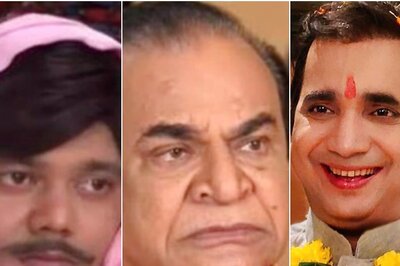
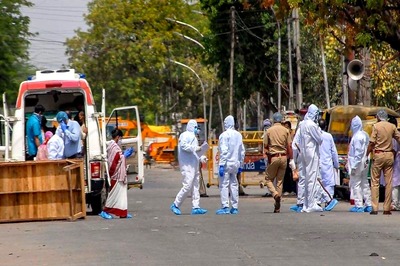



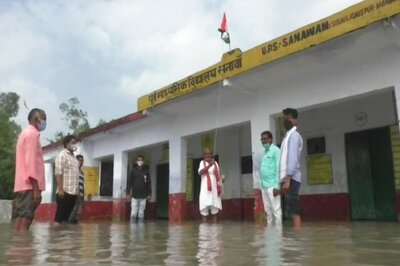
Comments
0 comment